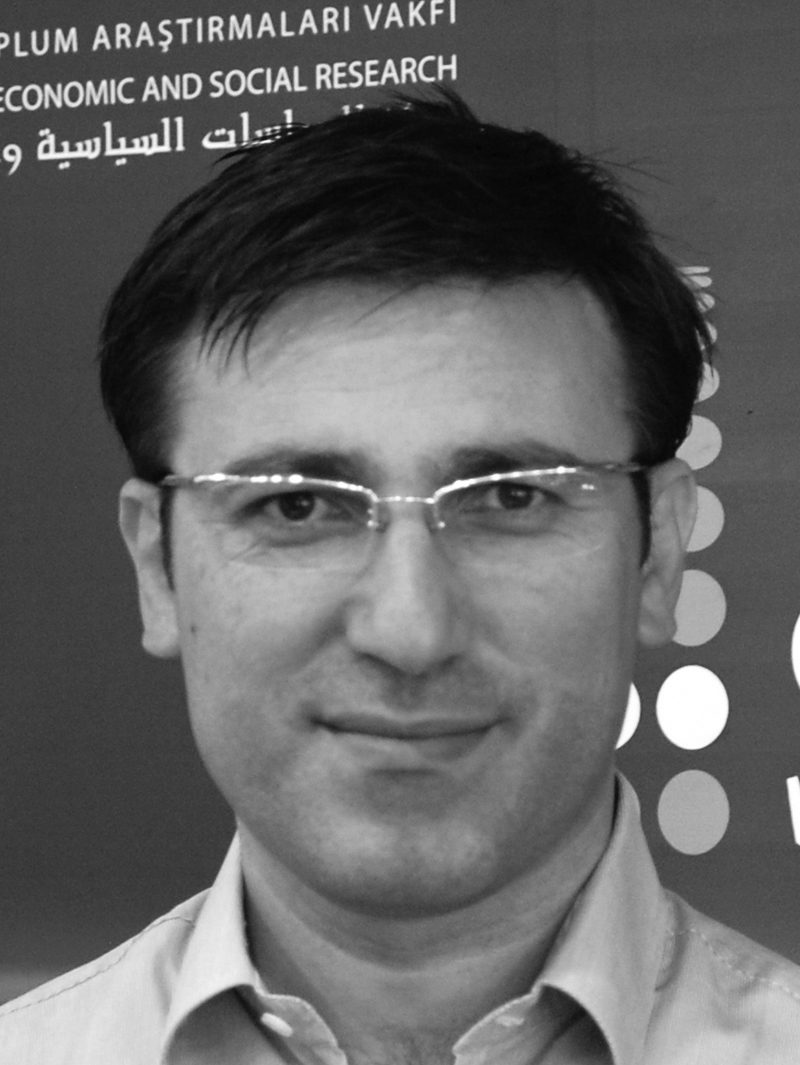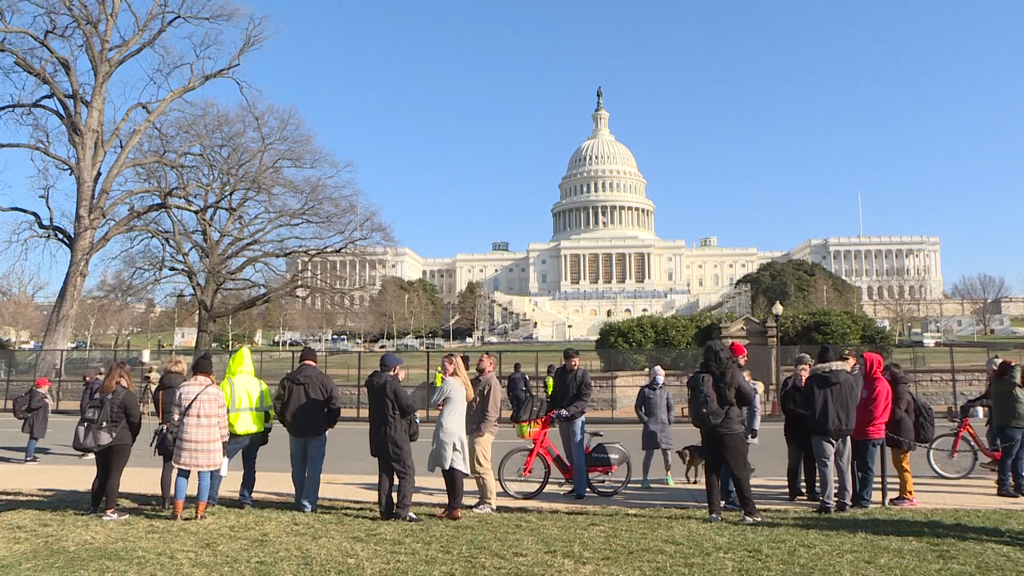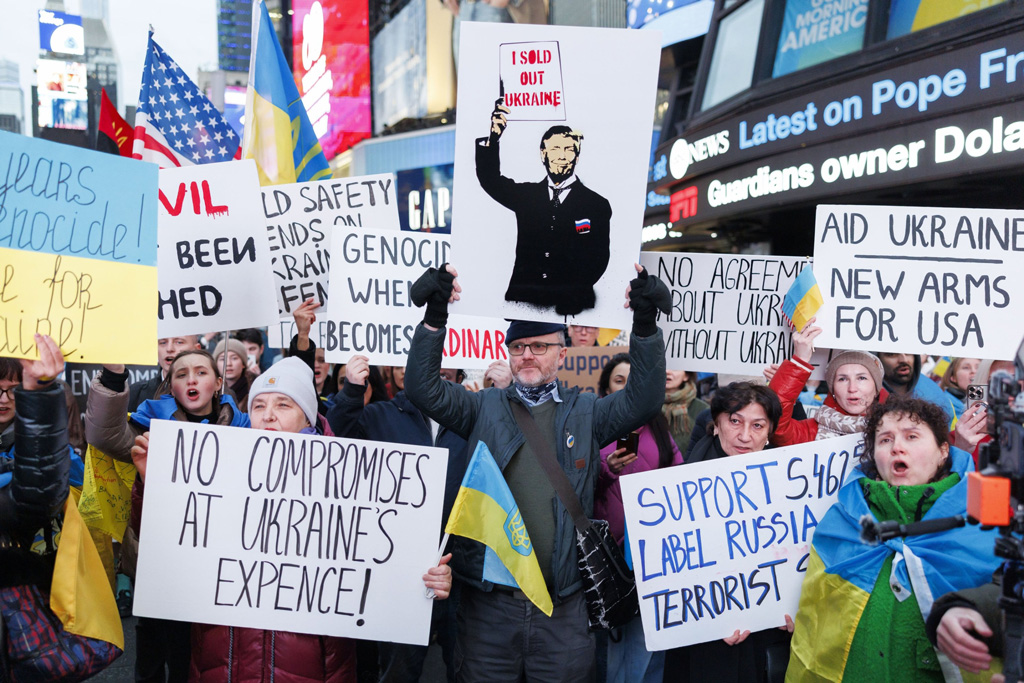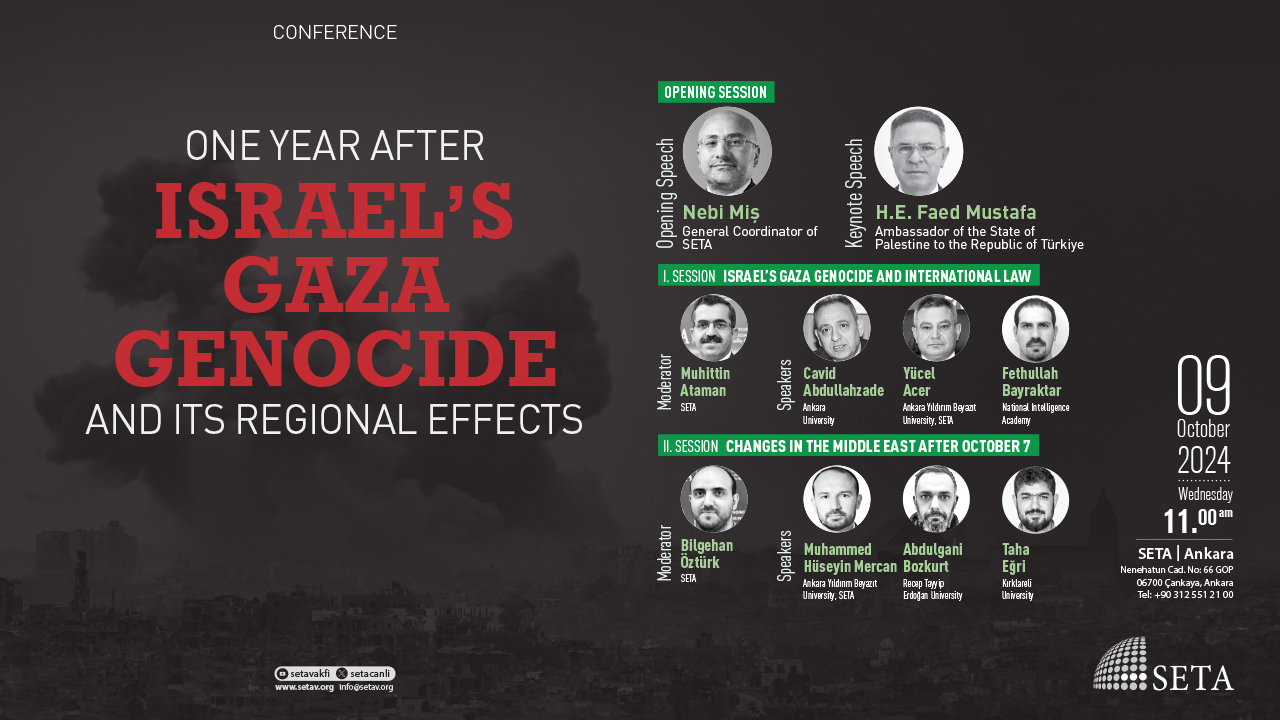Awareness of the importance of civil society institutions increased among Turks in Europe after the mid 1980’s. Membership volume of Turkish civil organizations, their areas of activities and relations with other institutions suggest that Turks internalized values of civil society and are increasingly getting integrated in the Dutch society. Interests of Turks in civil society organizations and civil values as well as focus of their political preferences are an indication of social integration. The primary focus of Turks in the Netherlands is political questions in this country rather than Turkey. They are interested in issues such as political participation and representation in their host country since they want to lead a harmonious life with the society in this country.The current study indicates that Holland is at the heart of the activities of Turkish civil organizations. Majority of the organizations in the sample carry out their activities in Holland either on local or national level. This trend is an indication for the efforts and willingness of Turks who would like to integrate in the larger society. Research results also show that Turks don’t want to live in cultural ghettos isolated from rest of the society with walls of discrimination but they want to lead a social life in harmony with the Dutch society far from conflicts but without losing their own identity.
Target groups of Turkish civil society organizations also support this observation. Turks don’t want to live on their own only but in a world which they can share with the Dutch society. Turkish organizations also want to establish partnerships with their Dutch counterparts which is yet another sign of a tendency to integrate.
Research findings suggest that Turkish civil associations are no longer deeply interested in ideological issues stemming from Turkey which usually had a divisive effect on the community. Instead of concentrating on ideological conflicts imported from Turkey, they now come together with each other in search of solutions for the common problems. These trends indicate that Turkish civil society organizations are increasingly co-operating with each other and forming a stronger social capital.Findings in this study indicate that an overwhelming majority (88,9 percent) of Turkish organizations in the sample support Turkey’s EU membership process and believe that the membership will benefit Turkey. Turkish organizations send a message to Europeans by stating that young and dynamic population of Turkey should not be seen as a source of fear or a threat in the EU countries because there will be no migration flow as speculated by some Europeans. It is reminded that full membership negotiations may last until 2015 and it is likely that Turkey will improve its economy during this period and create new employment opportunities.
Turkish civil organizations who have a positive view of Turkey’s EU membership organize various events and activities which may have direct or indirect effect on the membership process in support of Turkey. These activities range from promoting Turkish art and culture to engaging in projects to influence the media, civil society organizations and political parties. Turkish organizations define themselves also as Dutch institutions and try to create close relations with their counterparts. Research results clearly show that Turkish civil society organizations have accumulated significant degree of experience, know-how and financial resources which no longer can be ignored.According to research findings, it is not easy to argue that Turks in Holland and Europe have a positive image. Majority of the Turkish organizations state that Turks in Holland have a negative image. It is pointed out that socio-economic status and educational levels of immigrants in the early stages of labour movement had a great deal of influence in the process of image construction. The Dutch people view Turkey and Turkish culture through the Turks in Holland.
Research findings indicate t








